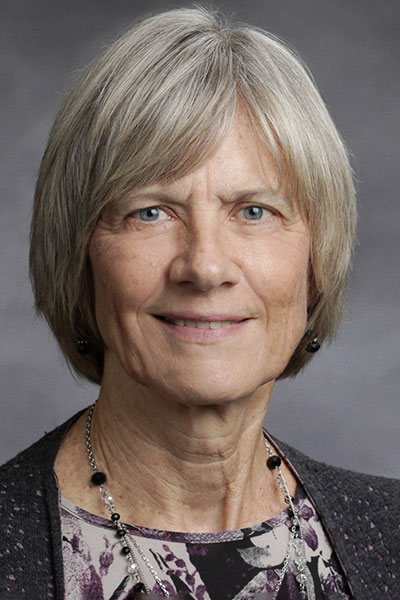
A little more than a year has passed since Philips began recalling certain ventilators, bilevel positive airway pressure (also known as Bilevel PAP, BiPAP, or BPAP) machines, and continuous positive airway pressure (CPAP) machines because of potential health risks.
To date, Philips estimates that it has repaired about half of the nearly 3 million affected devices in the United States. However, clinicians and patients are still dealing with ongoing repercussions. Additional safety concerns have led to even more recalls, including one at the beginning of September that affected certain masks used with BiPAP and CPAP machines. And the availability of CPAP devices has been hampered by payer and supply chain issues, leaving many patients with unresolved issues.
CHEST 2022 attendees can catch a discussion on the impact of this recall during the session, Recalled Respiratory Equipment: Lessons Learned, on Tuesday, October 18, from 9:15 AM – 10:15 AM, in Room 104A.
Clinicians who attend the session will hear an overview of the timeline of the recall, including any updates. Panelists will address how this large recall has changed the field and how they have had to adjust care for patients at the practice management level and in the clinic. The session will also focus on how clinicians and practices have addressed patient concerns, including dealing with the unexpected.
“One of the things that could be learned from this recall is, for example, that the Philips website said that patients should stop using the affected machines and call their doctor,” said panelist Nancy Collop, MD, Master FCCP, director of the Emory Sleep Center in Atlanta. “However, when they called us, we had no idea what to tell patients. Within a day or two of the recall, we were inundated with questions.”
Although some patients became aware of the recall relatively soon after it was announced, Dr. Collop said that she still sees patients, to this day, who are not aware there was a recall. Additionally, the ability to quickly replace the recalled machines has been very limited, Dr. Collop said.
Aneesa Das, MD, FCCP, professor of internal medicine at The Ohio State University Wexner Medical Center, and CHEST President, David Schulman, MD, MPH, FCCP, professor of pulmonary, allergy, critical care, and sleep medicine at Emory University, will moderate the panel discussion. Dr. Collop will be joined by fellow panelists, Susheel Patil, MD, PhD, of Case Western Reserve University School of Medicine, and Neil Freedman, MD, FCCP, of NorthShore University HealthSystem.
Join us at CHEST 2025
Save the date for the next Annual Meeting, October 19 to 22, 2025, in Chicago. CHEST 2025 will explore the latest advancements in pulmonary, critical care, and sleep medicine, with a focus on innovation and the future, just as the city itself embodies progress and reinvention.





